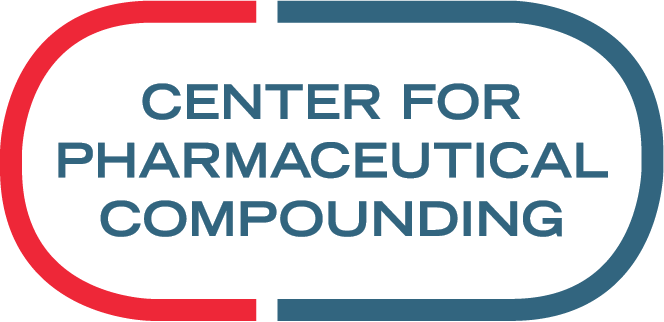NCPA files lawsuit to stop pharmacy DIR fees
January 22, 2021
Enough!
Dear Colleague,
Last week, NCPA filed a lawsuit, NCPA v. Azar, to stop pharmacy DIR fees. This was not an action NCPA took lightly. We know this will be a marathon and not a sprint. But the damage caused by pharmacy DIRs has escalated to an existential threat to community pharmacies and must be stopped.
Early on, before DIR became the second most reviled three-letter acronym in the pharmacy vocabulary (No. 1 starts with a P and ends with an M), NCPA challenged CMS about their use. DIRs were passed in the same legislative package that created Medicare Part D (Quick pharmacy history flashback: NCPA opposed Part D all the way through because it handed the management of Part D over to the PBMs). Most pharmacists had never heard of “direct and indirect remuneration” in 2003 but those were the words chosen by the drafters of the Medicare Modernization Act to capture the rebates that were being paid by manufacturers to PBMs. Congress wanted Part D to pay the post-rebate cost of the drug, and they knew that billions of dollars in manufacturer rebates were flowing into PBM coffers.
As time has gone on, the relatively small pharmacy DIRs (that were allowed by the broad DIR definition in the MMA) have mushroomed, and in 2019, according to the Drug Channels Institute, accounted for an estimated 2.04 percent of ALL pharmacy industry revenue! NCPA commonly receives reports from independent pharmacies of $100,000/pharmacy or more being clawed back in pharmacy DIR each year—and rising.
NCPA has worked feverishly to stop pharmacy DIRs since those early days. Eventually, other pharmacy partners joined us in the fight. Those efforts were on the cusp of success in May 2019. With strong encouragement from NCPA and our partners, CMS released a draft rule that would have eliminated retroactive pharmacy DIRs as we know them today. The HHS secretary supported this rule and it seemed eminent that it would become a final rule. The likelihood seemed so strong that some PBMs even took the unusual step of proactively distributing two sets of reimbursements in contracts — one for if there were no pharmacy DIR and another for business as usual. Unfortunately, White House staffers blocked it from the final rule and stopped it in its tracks. There was still the congressional route and we were hopeful that would yield results, but pharmacy DIR got tied up in a mega drug pricing bill. Then-Senate Majority Leader Mitch McConnell (R-Ky.) was unsure the bill would pass and would not allow it to go up for a vote.
To be clear, this litigation would close the loophole allowing retroactive clawbacks of pharmacy DIRs and require that any negotiated price concessions (currently, pharmacy DIRs) be at the point of sale — not taken weeks or months later with little or no explanation why or for which prescriptions. Not only would this provide greater transparency for pharmacy payments and more clarity to Part D network contracting, but the other huge part of the pharmacy DIR story is the impact on Medicare patients. Because Medicare patients are paying higher prescription prices based on inflated pre-pharmacy DIR prices, they are also being accelerated into the catastrophic phase of coverage where the cost-risk shifts from the plan to the federal government (taxpayers like you and me!).
NCPA is hopeful that the new administration or the new Congress will take action on pharmacy DIR fees, but the cataclysmic impact pharmacy DIRs are having on pharmacies and seniors led NCPA to take legal action now. NCPA had considered this path before — this is the fifth time we have had to file a lawsuit against the federal government over the last two decades for various reasons — so we know that it’s likely to be a long, expensive road. Plus, suing the federal government is not exactly the definition of hitting the “easy button.” But too many pharmacies have already been wiped out and many more face extinction if pharmacy DIRs aren’t stopped. Community pharmacies (when engaged by local health departments) are successfully battling the COVID-19 disease, but we can’t fight the pandemic and continue taking the pharmacy DIR abuse!
Enough is enough!
Best,
Douglas Hoey, Pharmacist, MBA
NCPA CEO
P.S. Want to help in the fight against pharmacy DIRs? NCPA is conducting a webinar featuring the attorney leading the lawsuit who will provide an overview and answer questions on Thursday, Jan. 28, at 8 p.m. ET. Register HERE. This is going to be an expensive battle. Do your part and contribute to the NCPA LDF by clicking HERE.



